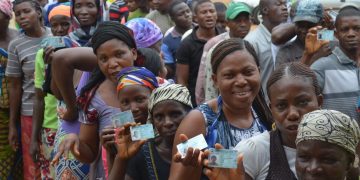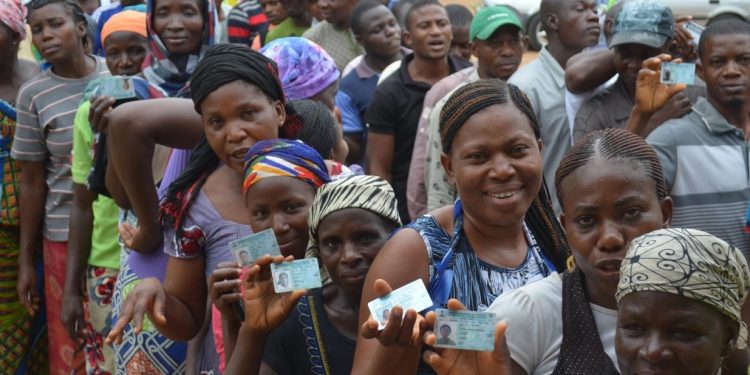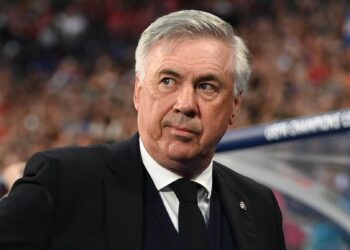By John Ikani
Millions of Nigerians are set to cast their votes in what is being touted as the most competitive presidential election since the end of military rule.
The country has been dominated by two political parties, the ruling All Progressives Congress (APC) and the opposition Peoples Democratic Party (PDP) since 1999.
This time, however, a strong challenge is being mounted by third-party candidate Peter Obi of the Labour Party, who has the backing of many young people.
The current President, Muhammadu Buhari, is stepping down after serving two four-year terms.
His party, the APC, is represented by former Lagos Governor Bola Tinubu, while former Vice-President Atiku Abubakar is standing for the PDP.
The election has attracted a total of 18 presidential candidates, making it one of the most competitive in the country’s history.
In the run-up to the polls, a botched attempt to redesign the nation’s currency (naira) has caused a cash shortage, leading to widespread chaos at banks and cash machines as desperate people sought access to their money.
The new notes were introduced in order to tackle inflation and vote-buying.
The next president will have to deal with the currency redesign, a crumbling economy, high youth unemployment, and widespread insecurity that saw 10,000 people killed last year.
The election has seen a huge interest from first-time voters and young people – a third of the 87 million eligible voters are below 35 – which may lead to a higher voter turnout than the 35% recorded in 2019.
Peter Obi is hoping to break up Nigeria’s two-party system after joining the Labour Party last May.
Although he was in the PDP before then, he is seen as a relatively fresh face and enjoys fervent support among some sections of Nigeria’s youth, especially in the south.
His backers, known as the “OBIdients” say he is the only candidate with integrity, but his critics argue that a vote for Obi is wasted as he is unlikely to win.
The PDP wants Nigerians to vote for Atiku Abubakar, the only major candidate from the country’s mainly Muslim north.
Atiku has run for the presidency five times before – all of which he has lost.
He has been dogged by accusations of corruption and cronyism, which he denies.
Most people consider the election a referendum on the APC, which has overseen a period of economic hardship and worsening insecurity.
Its candidate, Bola Ahmed Tinubu, is credited with building Nigeria’s commercial hub Lagos, during his two terms as governor until 2007.
Voting is expected to begin at 08:30 local time, and the Independent National Electoral Commission (INEC) has promised free and fair elections, dismissing talk of postponement.
The INEC will conduct national elections using the Bimodal Voter Accreditation System (BVAS), a facial and fingerprint technology that is thought to improve transparency by making it harder for politicians to rig the process.
Results are expected to be announced earlier this time due to the BVAS, which also uploads vote results directly to the INEC website from polling stations.
If a candidate wins the majority vote and secures 25% of the ballots cast in two-thirds of Nigeria’s 36 states, they will be declared the winner.
If no candidate achieves this, a run-off will be held within 21 days – a first in Nigeria’s history.




































